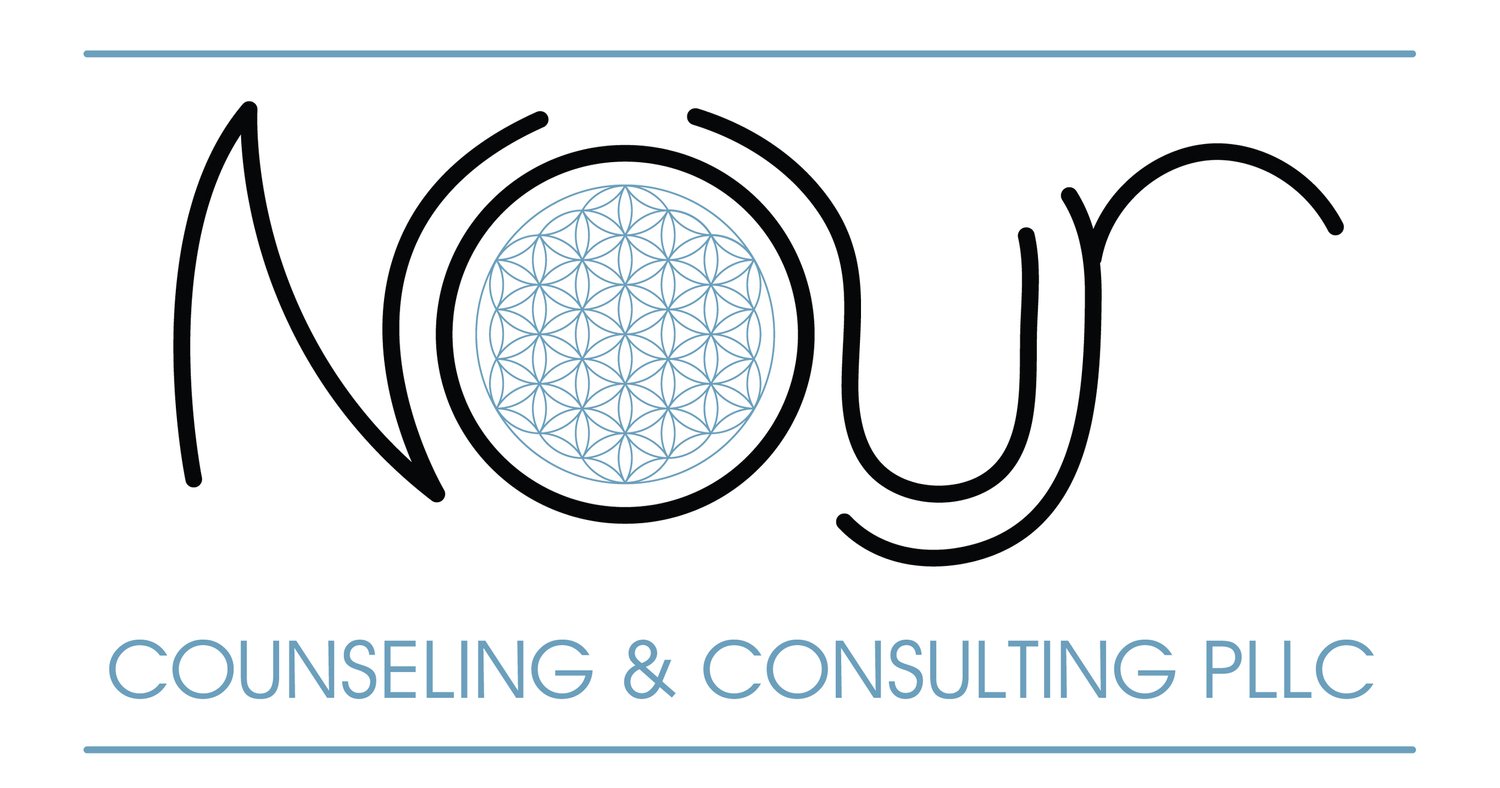
Group Therapy
upcoming groups
Neurodivergent Nesting: A Counseling Group for Unique Postpartum Journeys
When: Wednesdays 6:30 - 8:00 pm, May 14 - June 25
Where: Virtual for anyone in NC
Population: Neurodivergent* clients up to 3 years postpartum
*No formal diagnosis needed
Led by April Bradley & Erin Crites
Objectives
Validate and process diverse perinatal experiences, including birth trauma and sensory challenges.
Acknowledge and support the unique experiences of neurodivergent parents in pregnancy, birth, and postpartum in an LGBTQ+-affirming space.
Provide mind-body education on perinatal mental health, sensory processing, and neurodivergence.
Support identity development, attachment, and role transitions in the postpartum period.
Equip participants with practical coping strategies for emotional regulation, parenting, and self-compassion.
Shortly after the form is completed, a group leader will reach out to schedule a brief consultation call. Please email us with any questions.
general info about group therapy
treatment areas & process
Counseling in a small group can help you feel less alone. Group therapy is an effective means of treatment that provides a community of about 6-10 individuals to connect with one another about shared experiences, and provides a space for encouragement and social support.
With the guidance of 1-2 group therapists, the group can support, offer alternate perspectives, or gently confront other group members. This approach allows group members an opportunity to resolve challenges, learn alternative ways of engaging, and develop new social skills or ways of relating to people.
Some groups are closed, meaning they meet with the same group of people from beginning to end for a set period of time (for example, 8 weeks). Some groups are open, meaning that the group might be ongoing indefinitely where individuals can “drop in” for a session as they see fit.
We facilitate groups covering a variety of presenting issues and various populations. Be sure to check our current groups for more information.
maintaining privacy
Due to the personal nature of information shared in a formal support group, it is important that everyone feel emotionally safe to participate. It is expected that members will attend with an open mind and treat others with respect and kindness. The group leader and all group members share the responsibility of creating a safe, respectful, and trusting sense of community.
Each therapy group member must sign an agreement to adhere to the rules of confidentiality. Group members pledge that they will never share information discussed in group, including names of other group members, when outside the group.
advantages of group therapy
Group therapy has many benefits that can even outweigh individual therapy in some ways. Some benefits of group counseling include:
assures individuals they are not alone
offers opportunity to receive and give support in a setting where others share similar struggles
provides a space to gain self-awareness through interactions with others
hearing alternate perspectives about your challenges
helps normalize your experiences and associated thoughts and feelings
builds communication and social skills
feel a sense of belonging and acceptance
builds a sense of community and interconnectedness
does insurance cover group therapy?
Some insurance policies provide coverage for group therapy. Be sure to contact your insurance carrier to discover if your plan provides coverage by asking the questions listed in the FAQs. Depending on the group, if you are not filing insurance, the self-pay rate is generally around $25-60 per session.
interested in a different group?
Don’t see a current group that fits your needs, or interested in a group we have done in the past? Please fill out this form and we will reach out when we offer a group that fits your needs.


